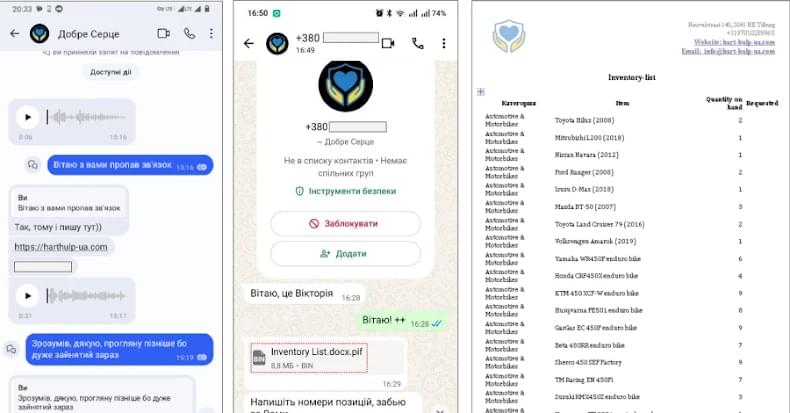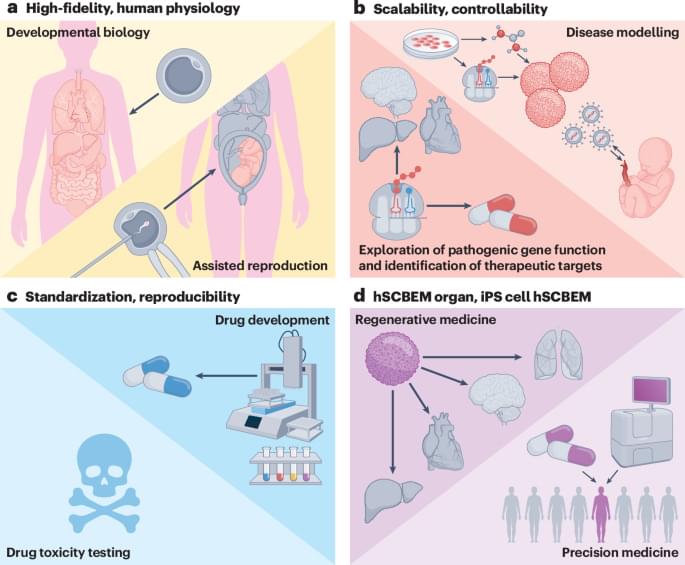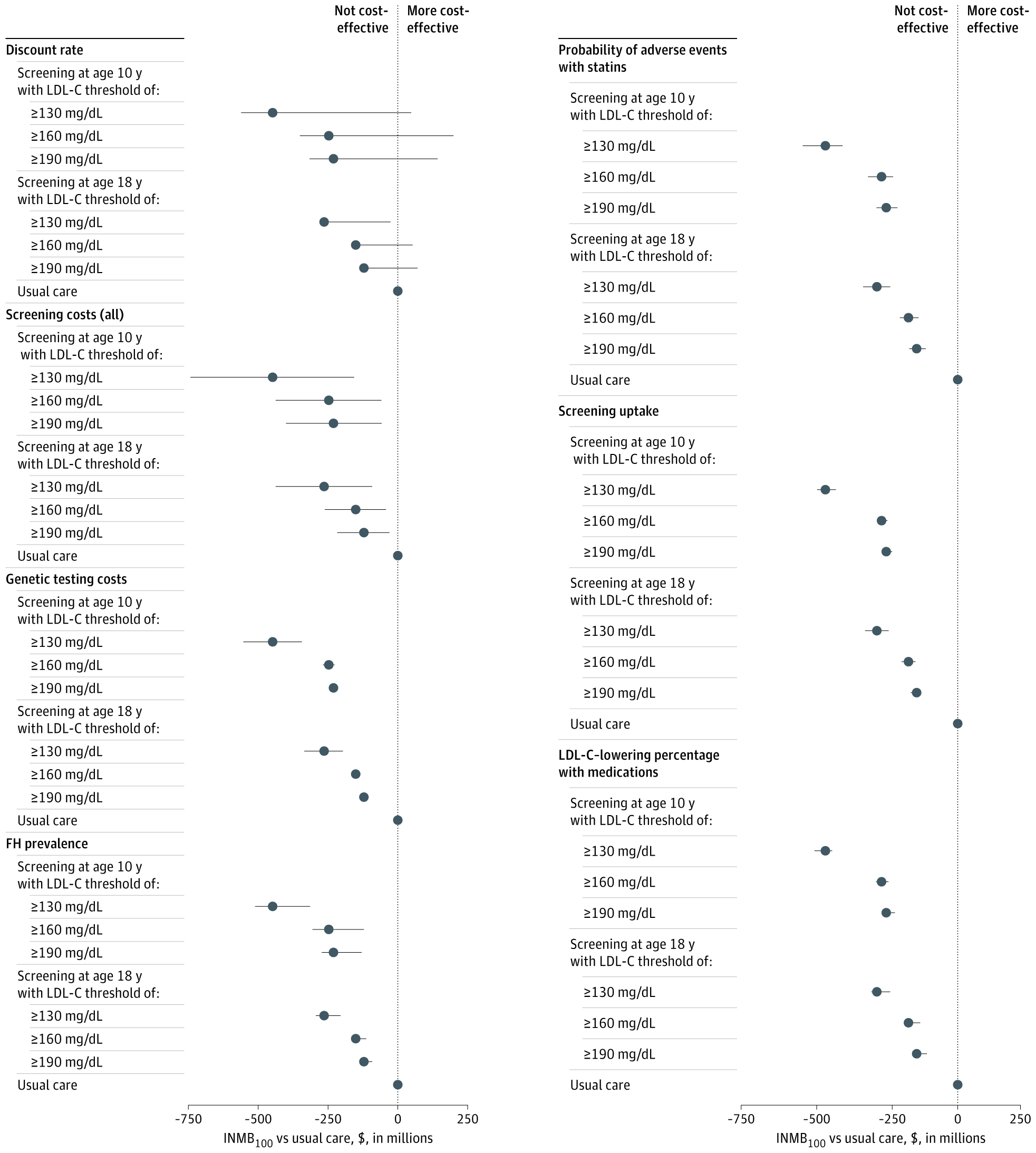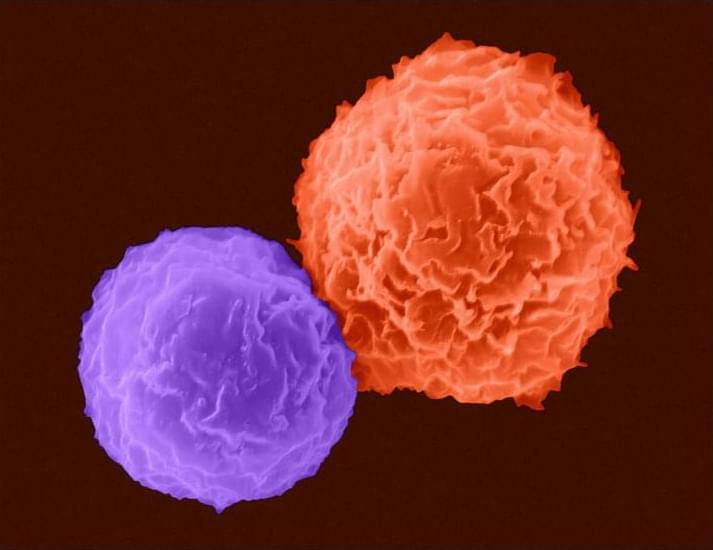Node.js has released updates to fix what it described as a critical security issue impacting “virtually every production Node.js app” that, if successfully exploited, could trigger a denial-of-service (DoS) condition.
“Node.js/V8 makes a best-effort attempt to recover from stack space exhaustion with a catchable error, which frameworks have come to rely on for service availability,” Node.js’s Matteo Collina and Joyee Cheung said in a Tuesday bulletin.
“A bug that only reproduces when async_hooks are used would break this attempt, causing Node.js to exit with 7 directly without throwing a catchable error when recursions in user code exhaust the stack space. This makes applications whose recursion depth is controlled by unsanitized input vulnerable to denial-of-service attacks.”









